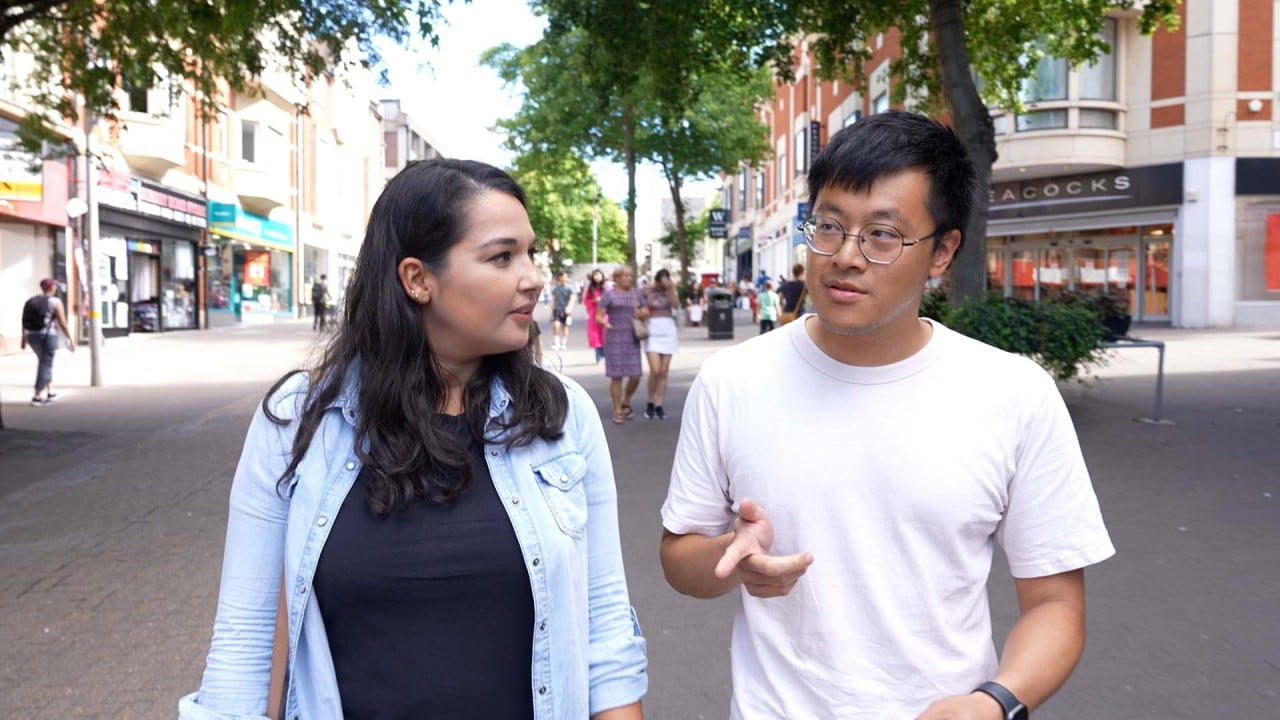
Souring UK-China relations mean my path to politics has been a lonely one
- The community of Chinese immigrants in Britain used to take pride in members of the diaspora succeeding in British politics, but that is no longer the case
- As Sino-British relations have worsened, more mainland migrants have started living in the UK according to China’s unspoken rules and dare not speak out
I witnessed this at its height, when I reported on British Chinese participation in the 2015 and 2017 general elections for the BBC Chinese network. This was well received by the Chinese immigrant community.
However, my entry into politics has not been welcomed by the mainland Chinese community. My path to politics has been a lonely one as the immigrant community from China has alienated me, rather than caring about me.
Why aren’t there more Chinese in British politics?
Even if we emigrate to the UK, our loyalty to China should never change. Such an expression of allegiance would be collectively appreciated in the mainland Chinese community. Second, many mainland immigrants derive their economic resources from the Chinese market, including the friend I no longer see.
Therefore, this group of mainlanders lives in the UK according to China’s unspoken rules. They dare not speak out to protect the safety of their Chinese family members.
I am in the pro-British minority. I consider myself British Chinese, not China Chinese as the pro-China people insist, and I have managed to escape the prison of fear by daring to uphold liberal values and criticise China.

However, I have paid a high price. Not only did I have to give up visiting my mother in China in case I was arrested, my candidature received no help from the mainland Chinese community and I was lonely.
There is no obvious reason for immigrants to have stopped caring about or be afraid of mainlanders who stand for election. Perhaps they are just so used to the unspoken rules of interpreting national policies and drawing their own security red lines in mainland China.
Frustrated by the Liberal Democrats’ lack of strong economic policies, I recently switched to the Labour Party. I will continue to stand for election, and I will continue to be lonely.
Yue Parkinson is a freelance writer and bilingual author

.jpeg?itok=IWIemjTe&v=1689818059)
